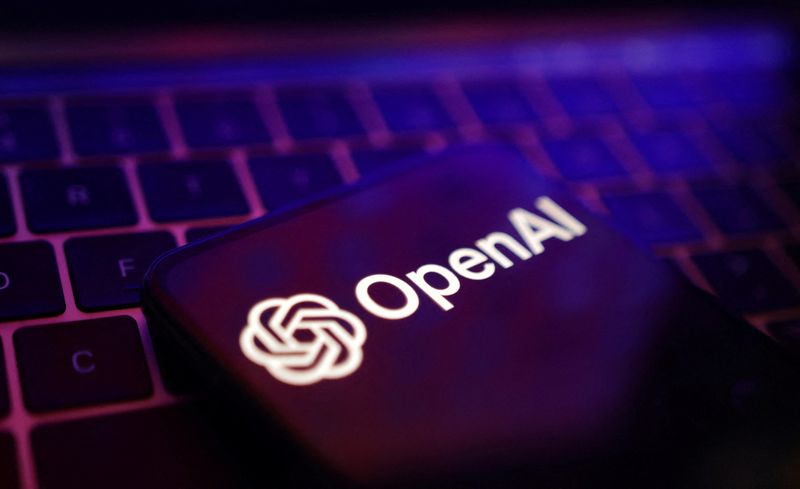OpenAI’s Bret Taylor Warns of an AI Bubble: Parallels to the Dot-Com Era
The AI landscape is currently experiencing a period of unprecedented growth and excitement. However, amidst this enthusiasm, there are growing concerns about the potential for an AI bubble, similar to the dot-com bubble of the late 1990s. OpenAI Chairman Bret Taylor has recently added his voice to the debate, drawing parallels between the current AI hype and the historical dot-com boom.

The Dot-Com Bubble: A Historical Perspective
Taylor, who joined OpenAI’s board after Sam Altman’s brief removal as CEO, believes that the current AI excitement bears striking resemblance to the dot-com bubble. While history may not repeat itself exactly, it often rhymes, and Taylor suggests that the parallels between the two eras are worth considering.
During the dot-com boom, countless internet startups emerged, often with little to no business model or revenue. The market was driven by irrational exuberance, and valuations soared to unsustainable levels. Ultimately, the bubble burst, leading to a significant market correction and the collapse of many dot-com companies.
AI and the Potential for a Bubble
Taylor’s comparison of the current AI landscape to the dot-com bubble is not without merit. There are certainly parallels to be drawn. For example, the rapid rise of AI startups, the sky-high valuations, and the intense competition among tech giants all mirror the characteristics of the dot-com era.
However, it’s important to note that the AI revolution is fundamentally different from the internet boom. AI has the potential to transform industries and society in ways that the internet simply couldn’t. The applications of AI are vast, ranging from healthcare and finance to transportation and manufacturing.
OpenAI’s Role in the AI Revolution
OpenAI, as one of the leading players in the AI space, has a significant role to play. The company has raised billions of dollars in funding and has made significant advancements in AI technology. OpenAI’s mission is to ensure that artificial general intelligence benefits humanity, and the company is working tirelessly to achieve that goal.
Challenges and Skepticism
Despite the immense potential of AI, there are also significant challenges to overcome. One of the biggest challenges is the high cost associated with AI technology. Goldman Sachs has suggested that the potential return on investment for AI may be lower than expected due to these high costs.
Additionally, there is skepticism about the ability of AI to solve complex real-world problems. Critics argue that AI is still limited in its capabilities and that it may not be able to deliver on the lofty expectations that have been set for it.
The Future of AI
The future of AI is uncertain. It is possible that we are indeed in the midst of an AI bubble, and that the hype will eventually subside. However, it is also possible that AI will continue to revolutionize industries and society in ways that we cannot yet imagine.
Only time will tell whether the current AI excitement is justified or whether it is merely a fleeting moment in technological history. One thing is certain: the AI revolution is underway, and its impact on the world will be profound.
FAQs
Q: Is there a risk of an AI bubble?
A: There are concerns about the potential for an AI bubble, similar to the dot-com bubble.
Q: What are the parallels between the current AI hype and the dot-com boom?
A: The parallels include rapid growth of startups, sky-high valuations, and intense competition.
Q: What is OpenAI’s role in the AI revolution?
A: OpenAI is a leading player in AI, working to ensure that AI benefits humanity.
Q: What are the challenges facing AI?
A: High costs and limitations in solving complex problems are significant challenges.
Q: What is the future of AI?
A: The future of AI is uncertain, but it has the potential to revolutionize industries and society.




